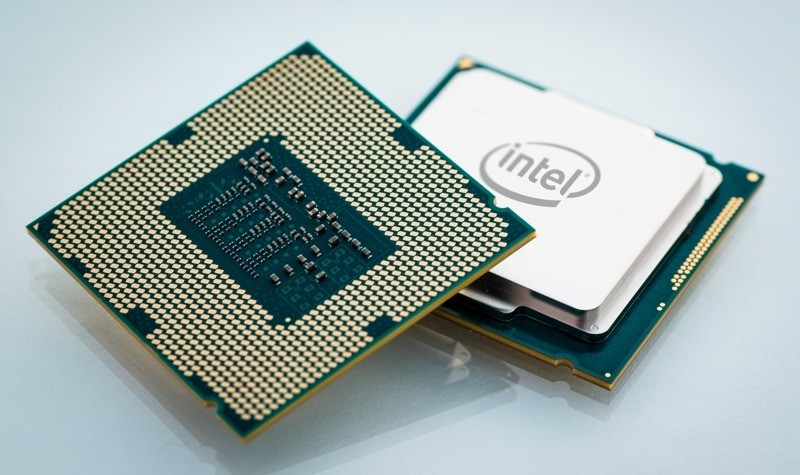If you’re looking for authoritative information on how much cooling is enough for your CPU, you’ll be hard-pressed to find an answer. While we all know that modern processors need some degree of active cooling, very little official information exists to say how different temperatures affect a CPU's performance.
Older CPUs would simply fail if they started to overheat, but modern CPUs adjust their frequency based on temperature (among other things) to prevent a dramatic failure. Because of this, it stands to reason that once you reach certain temps, you will no longer be getting the maximum performance from your CPU because it will be busy protecting itself.
But what is that temperature? And do you really need a high-end liquid-cooled system to get peak performance, or is the little stock cooler that comes with most CPUs enough? In this article we will answer these questions and more.
